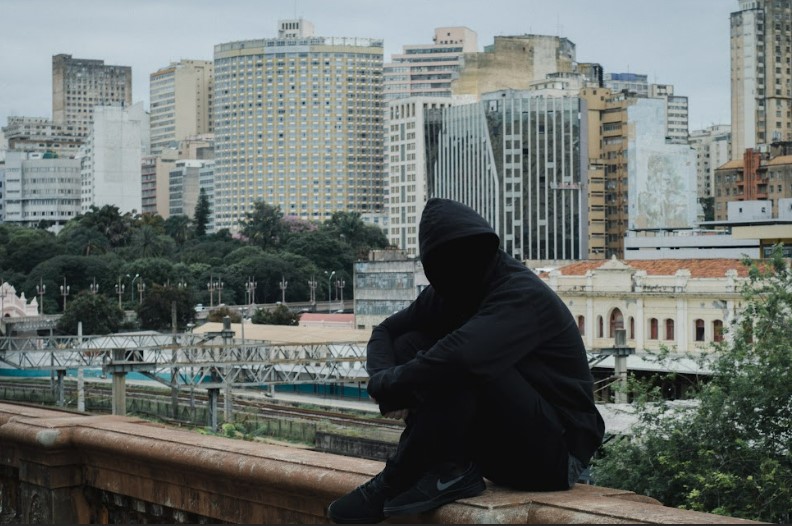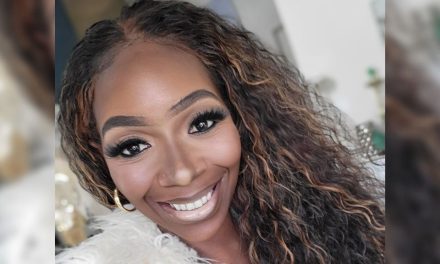
By Yugo Hines,
Special to the AFRO
October is National Depression Awareness Month, a time for advocates and health organizations around the globe to focus on educating the public about the condition that affects more than 280 million people worldwide, according to the World Health Organization.
Though National Depression Screening Day (NDSD) is recognized on Oct. 5, and Mental Illness Awareness takes place Oct. 1 through Oct. 7, each day of the month serves as an opportunity to do a check for depression, promote the normalization of screenings for the disorder and improve access mental health resources. Despite the overall success of NDSD, Black Americans – especially Black men – still have trouble receiving depression diagnoses and care. According to the American Psychiatric Association, only one-third of African Americans who need mental health care actually receive it.
Initiatives like NDSD and Mental Illness Awareness week offer free and easily accessible resources. So the question remains: why are two-thirds of African Americans missing out on mental health care?
According to Dr. Delon Brennen, a pediatric emergency medicine specialist and chair of the International Medical and Health initiatives Committee for Omega Psi Phi Fraternity, the lack of diverse medical providers in Black communities is one of the main reasons Black Americans might not seek out and/or receive care.
Brennan said that Black men struggle to find providers that are Black and male. “There’s a real shortage of mental health providers that can relate to us in those ways,” he said.
The shortage of Black health providers ties in with another factor that may prevent Black Americans from receiving adequate care: past experiences with racial discrimination. In a 2023 scientific review, Dr. Yusuf Ransome, a professor of Social and Behavioral Sciences at the Yale School of Public Health, found that Black patients who had a supportive community were better at buffering the effects of discrimination in health care. However, patients without proper support tended to have a more negative association with health. These negative associations may lead to patient distrust and impact their chances of reaching out for help in the future.
Brennen said these barriers were the reason Omega Psi Phi Fraternity collaborated with the National Institute of Minority, Health and Health Disparities to create Brother, You’re on My Mind: Changing the National Dialogue Regarding Mental Health Among African American Men. Launched in 2015, this initiative aims to educate Black men about the effects of untreated mental illness, to emphasize the importance of seeking mental health care and to provide resources for Black men struggling with depression and other mental illnesses.
The initiative is also working to normalize mental health screenings as a routine part of health care. By providing educational resources and promoting mental health activities, such as NDIS, Brother, You’re on My Mind hopes to get more Black men to both acknowledge and address mental illness.
“What we do know is if we ignore it, it isn’t an issue that goes away,” Brennen said. “These are issues that manifest in poor relationships. They manifest in other poor health-seeking activities, and unfortunately, they can ultimately lead to people taking their own lives or the lives of others. So we want to make sure that we don’t ignore it and we keep it in the forefront so that we can get people the help that they require.”
For a list of Black mental health organizations, visit the Mental Health For The Black Community page at health.maryland.gov.
The post Depression and Mental Health Screening Month offers key resources for healing appeared first on AFRO American Newspapers .











